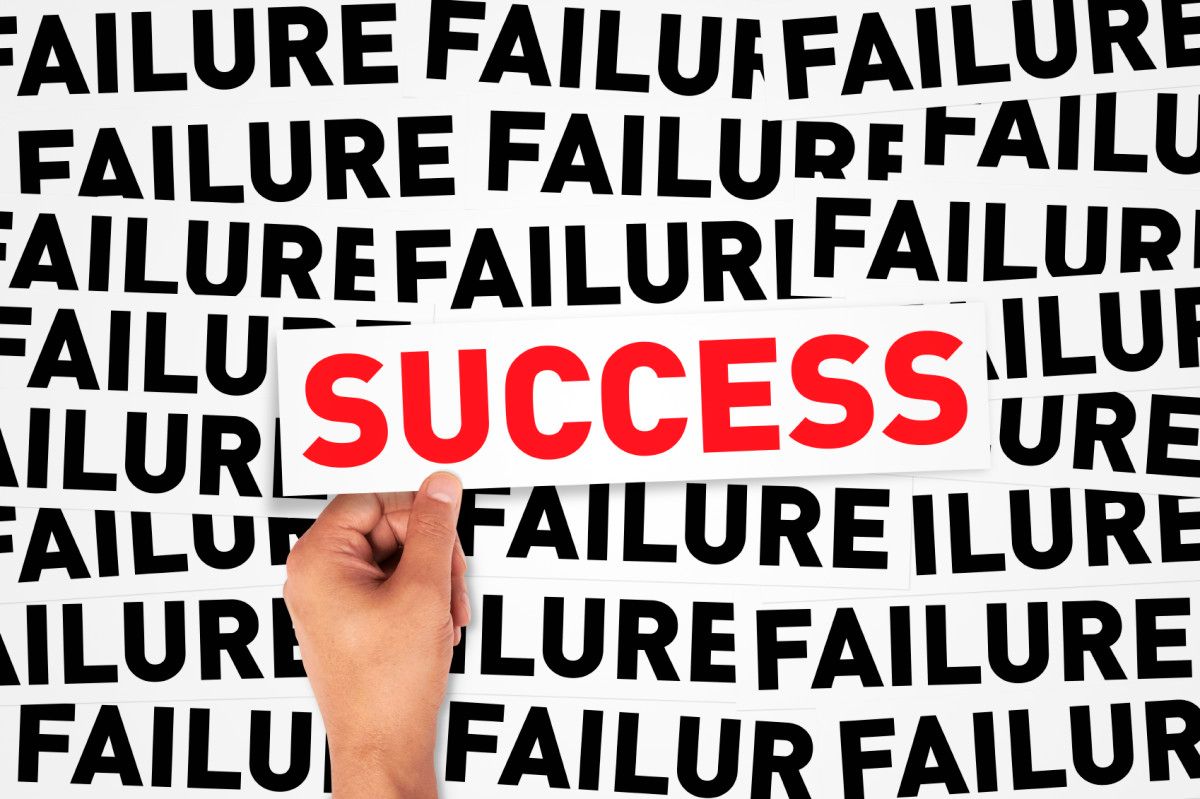5 Steps to Avoid Burnout and Complete Your Project
As much as we may eagerly anticipate the completion of a project, we would probably be lying if we did not admit to some burnout or fatigue along the way. Even in the event of a killer thesis, a dynamite business proposal, or a practical play-by-play game plan, there still remains the actual work re

As much as we may eagerly anticipate the completion of a project, we would probably be lying if we did not admit to some burnout or fatigue along the way. Even in the event of a killer thesis, a dynamite business proposal, or a practical play-by-play game plan, there still remains the actual work required to complete the process of bringing the project to its final stages. If you don't avoid burnout, you put the entire innovation effort at risk.
Although some stress and fatigue are natural, it does not need to become paralyzing. By following the steps below, you will find the process of completing any project much less intimidating.
If you don't avoid burnout, you put the entire innovation effort at risk.
Phil McKinney
Five Steps to Avoid Burnout:
Step One: Keep yourself on a schedule. For as many people who have claimed that they can only work when they are feeling inspired, just as many would counter that notion. For example, many successful authors ascribe to the creed held by Indian writer Kishwar Desai, who do not believe in writer's block. Instead, she keeps a tight, consistent writing schedule that allows for her to complete a draft of an entire novel in a month to a month and a half. In the same vein, by putting yourself on a schedule and sticking to it, you will be able to make significant headway on your project even on the inevitable days that you lack enthusiasm or feel uninspired.
Step Two: Balance your focus. Although some ascribe to the elimination of all distractions in order to ensure maximum success, other people absolutely cannot work that way. If you have trouble concentrating for long periods of time, perhaps you would find working in short, concentrated blasts more effective. Setting yourself a goal of working steadily for twenty to forty minutes at a time will allow you to make progress on your project while still leaving time for running, snacking, or catching up on housework in between. You may find that short bursts of physical activity could actually lend fresh vigor to your project.
Step Three: Listen to pattern music. Depending on the type of project you're working to complete, there's plenty of research to back the suggestion that listening to baroque-style music could boost your concentration. In addition to stimulating the brain's release of certain enzymes, this style of music also offers a theme-based pattern for your thoughts to mirror, encouraging linear thinking. (If you are in the mood for something more contemporary than Mozart or Bach, modern minimalist composers such as Philip Glass or Steve Reich are also an option.)
Step Four: Consider how best to invest your time and resources. Working under a ticking clock can cause the buildup of tremendous pressure. With deadlines looming, you must consider how best to spend the remaining time in order to ensure that your end result is as effective as possible. Although it's tempting to become caught up in fixing a minor flaw or ironing out an obscure detail, you may find that this obsession could derail your entire project.
Step Five: Take a step back. When feeling overwhelmed by the details, you may find it helpful to gain distance from the process. Concentrating on the big picture can not only eliminate some of the dread over minor flaws but may also provide increased energies to move toward completion.
Whatever the steps involved in completing a project, motivation is a key element. For more information on increasing your personal motivation, click here to subscribe to my mailing list.




